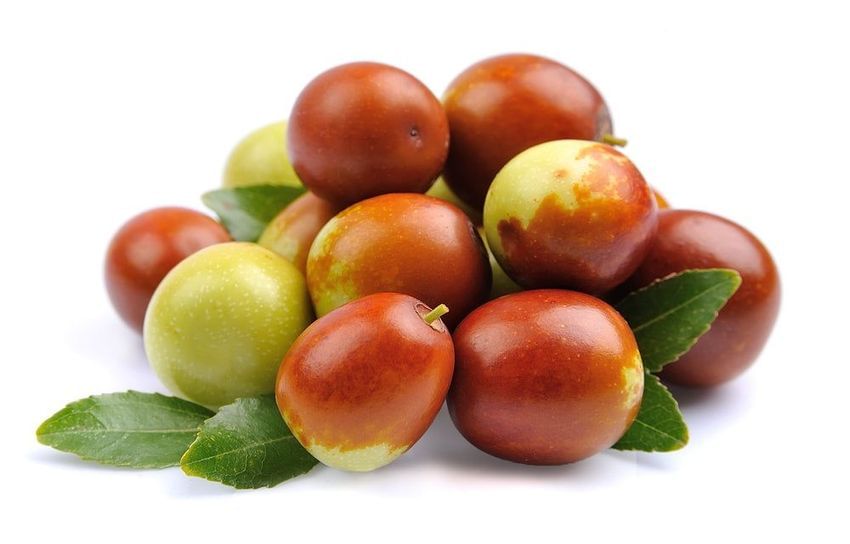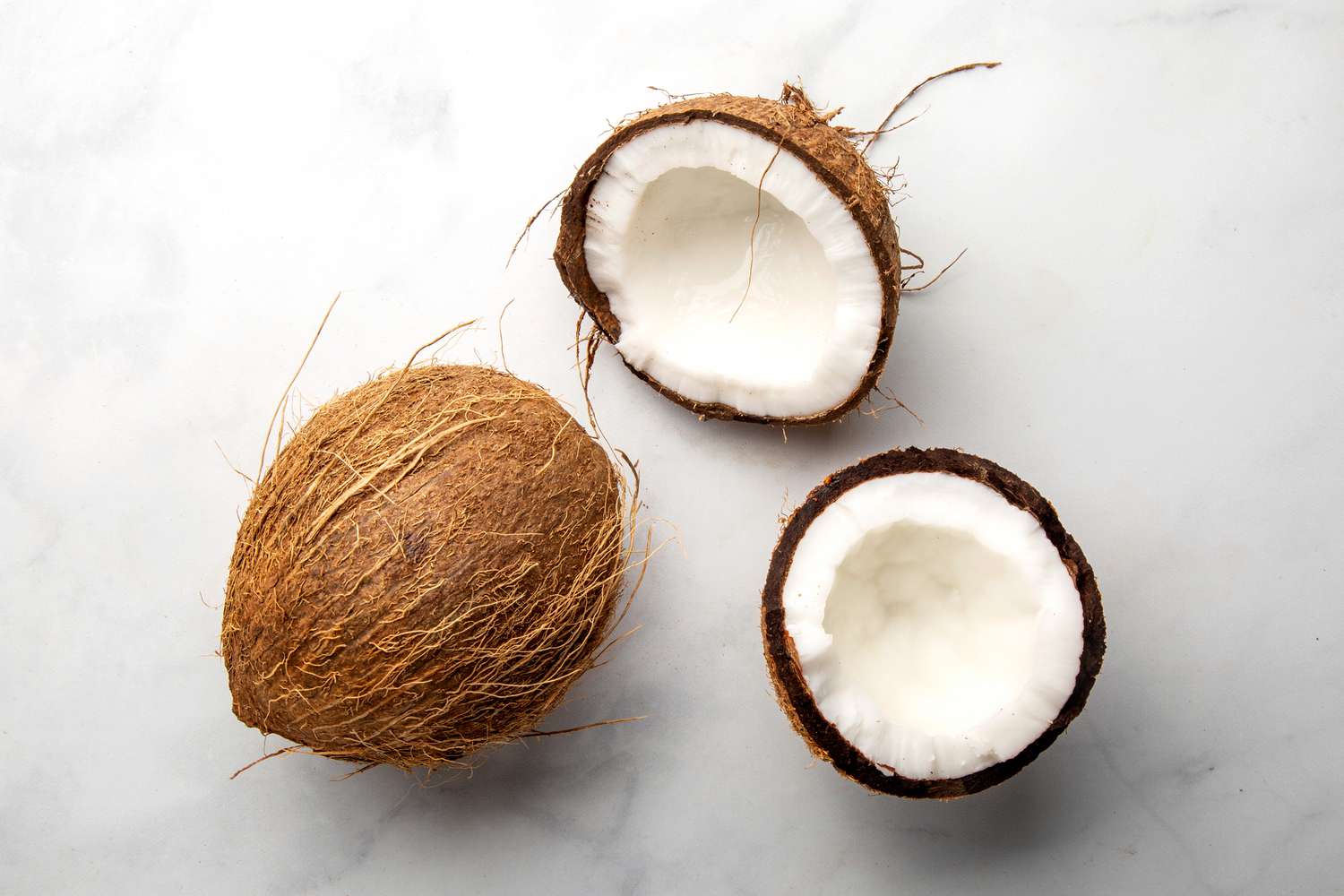Ad Blocker Detected
Our website is made possible by displaying online advertisements to our visitors. Please consider supporting us by disabling your ad blocker.
Pomegranates, with their lustrous crimson arils and sweet-tart flavor, have earned their place as a symbol of fertility, abundance, and good health throughout history. These ancient fruits are not only a delight to the senses but also a powerhouse of nutrients and health benefits. From heart health to anti-inflammatory properties, pomegranates offer a wide array of advantages that make them a valuable addition to your diet. In this article, we will delve into the world of pomegranates, exploring their nutritional richness, potential health perks, and culinary versatility.
A Timeless Treasure
Pomegranates, scientifically known as Punica granatum, have a storied history that dates back thousands of years. They are native to the Middle East but are now cultivated in many regions with a Mediterranean climate. Pomegranates have been revered in various cultures for their cultural and symbolic significance, as well as their remarkable health benefits.
Nutritional Profile of Pomegranates
A Bounty of Nutrients
Pomegranates are celebrated not only for their exquisite taste but also for their impressive nutritional composition. Here’s a glimpse of the nutrients found in pomegranates:
1. Vitamins
- Vitamin C: An antioxidant that supports immune health, skin regeneration, and wound healing.
- Vitamin K: Essential for blood clotting and bone health.
2. Minerals
- Potassium: Important for heart health, nerve function, and maintaining healthy blood pressure levels.
- Copper: Contributes to red blood cell formation and overall health.
3. Dietary Fiber
- Soluble Fiber: Supports digestive health, stabilizes blood sugar levels, and helps lower cholesterol.
- Insoluble Fiber: Promotes regular bowel movements and prevents constipation.
4. Antioxidants
- Polyphenols: Pomegranates are rich in polyphenols, including flavonoids and tannins, which have antioxidant properties that help protect cells from oxidative damage.
- Punicalagins: A type of polyphenol found in pomegranates, known for its potent antioxidant effects.
5. Natural Sugars
- Glucose: The natural sugars in pomegranates provide a source of quick energy.
- Fructose: Another natural sugar found in pomegranates, primarily responsible for their sweetness.
6. Phytonutrients
- Ellagic Acid: A compound with anti-inflammatory and antioxidant properties, believed to contribute to the health benefits of pomegranates.
- Punicic Acid: A type of conjugated linoleic acid (CLA) with potential health benefits.
Health Benefits of Pomegranates
1. Heart Health
- Antioxidants: The antioxidants in pomegranates, particularly punicalagins, may help reduce oxidative stress, lower blood pressure, and decrease the risk of heart disease.
- Cholesterol Management: Pomegranates have been linked to improvements in cholesterol levels, with some studies suggesting a reduction in LDL (bad) cholesterol.
2. Antioxidant Protection
- Polyphenols: Pomegranates are rich in polyphenols, which combat free radicals, reduce oxidative stress, and lower the risk of chronic diseases.
- Anti-Inflammatory Effects: Ellagic acid in pomegranates may help reduce inflammation in the body, contributing to overall health.
3. Digestive Health
- Dietary Fiber: Pomegranates are an excellent source of dietary fiber, which supports digestive regularity, prevents constipation, and maintains a healthy gut microbiome.
4. Immune System Support
- Vitamin C: Pomegranates provide a significant dose of vitamin C, which enhances immune function and helps protect against infections.
5. Skin Health
- Antioxidants: The antioxidants in pomegranates, such as ellagic acid and vitamin C, help protect the skin from UV damage, reduce signs of aging, and promote a healthy complexion.
6. Cancer Prevention
- Antioxidant Properties: Pomegranates have shown promise in cancer prevention, with some studies suggesting that their antioxidants may inhibit the growth of cancer cells.
- Anti-Inflammatory Effects: The anti-inflammatory properties of pomegranates may also play a role in reducing the risk of certain types of cancer.
7. Weight Management
- Fiber-Induced Satiety: The fiber content in pomegranates promotes a feeling of fullness, potentially reducing overall calorie intake and aiding in weight management.
8. Bone Health
- Vitamin K: Pomegranates contain vitamin K, which plays a crucial role in bone health by assisting in calcium absorption and bone mineralization.
Culinary Uses of Pomegranates
Pomegranates are incredibly versatile and can be enjoyed in various culinary creations. Here are some delightful ways to incorporate pomegranates into your diet:
1. Fresh and Simple
- Arils: Enjoy pomegranate arils (the juicy seeds) on their own as a refreshing snack.
- Fruit Salad: Add pomegranate arils to fruit salads for a burst of color, flavor, and nutrition.
2. Breakfast Delights
- Yogurt Parfait: Layer yogurt with pomegranate arils, granola, and a drizzle of honey for a nutritious and satisfying breakfast.
- Smoothie Booster: Add pomegranate juice or arils to your morning smoothie for an antioxidant boost.
3. Baking Brilliance
- Pomegranate Muffins: Incorporate pomegranate arils into muffin or cake batter for a delightful and juicy surprise.
- Pomegranate Glaze: Create a sweet and tangy glaze using pomegranate juice to drizzle over baked goods.
4. Savory Dishes
- Salads: Add pomegranate arils to salads for a burst of flavor and a touch of sweetness.
- Grain Bowls: Include pomegranate arils in grain bowls or pilaf dishes for a colorful and nutritious addition.
5. Desserts and Treats
- Pomegranate Sorbet: Make a refreshing pomegranate sorbet by blending pomegranate juice with a touch of lemon juice and freezing the mixture.
- Pomegranate Parfait: Layer pomegranate arils with whipped cream or yogurt for a simple yet elegant dessert.
Pomegranate Varieties for Different Uses
Pomegranates come in various varieties, each with its unique flavor profile and characteristics:
- Wonderful Pomegranate: One of the most popular varieties, it is known for its sweet and tangy flavor and is often used for juicing and fresh consumption.
- Haku Botan Pomegranate: This variety has a mild and sweet taste, making it a great choice for snacking and adding to salads.
- Red Silk Pomegranate: Characterized by its deep red arils and sweet flavor, it is ideal for fresh consumption and desserts.
- Parfianka Pomegranate: Known for its sweet and complex flavor, it is often considered one of the best-tasting pomegranate varieties.
Conclusion
Pomegranates, with their mesmerizing arils and myriad health benefits, are indeed a treasure from nature. Whether savored fresh, blended into smoothies, or incorporated into a wide range of dishes, pomegranates offer a harmonious blend of taste and nutrition. From supporting heart health to promoting radiant skin and aiding digestion, pomegranates are a true gem in the world of fruits. So, embrace the sweet-tart goodness of pomegranates and reap the numerous benefits they bring to your overall well-being.



